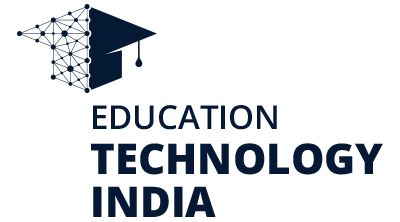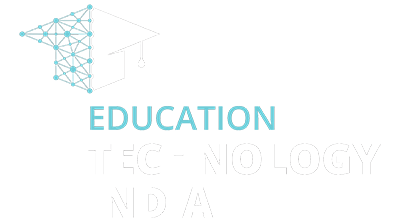
The ramifications of the reskilling transformation
By 2030, the World Economic Forum’s Reskilling Revolution platform aims to impact over 600 million individuals globally. This ambitious program is dedicated to equipping the worldwide workforce with skills essential for future-proofing careers, particularly in the face of increasing automation facilitated by technologies like artificial intelligence (AI). While the predominant focus revolves around digital skills such as AI, big data, and programming, business leaders underscore the significance of qualities like leadership, curiosity, and resilience. More than half of the Reskilling Revolution initiatives also prioritize preparing workers for roles in the green job sector.
Central to this initiative is a steadfast commitment from over 70 CEOs who recognize the profound benefits of a skilled and motivated workforce for all stakeholders and the planet.
Global Collaboration for Future-Ready Workforces
Collaborating with an expanding network of 34 dedicated ministers across 17 countries, the Reskilling Revolution has activated a diverse community of over 370 organizations. Among the founding members are prominent entities such as the Adecco Group, Coursera, the government of France, iamtheCODE, Infosys, the Lego Foundation, LinkedIn, ManpowerGroup, PwC, Salesforce, and UNICEF.
This inclusive community extends to encompass business members, chief learning officers, online learning providers, labor unions, NGOs, education practitioners, and philanthropic organizations on a broader scale.
What’s the challenge?
The profound impact of technological advancements, shifts in geoeconomic landscapes, and the transition toward sustainable practices poses significant threats to individuals’ livelihoods, fundamentally reshaping labor markets. According to the 2023 Future of Jobs Report, 43% of work tasks are projected to be automated by 2027. Urgent investments in human capital are imperative to foster a more equitable world, ensuring individuals have opportunities to reach their full potential and prosper.While the Forum foresees an overall net positive balance between job growth and decline, persistent adherence to current trends may exacerbate future skills mismatches due to outdated learning programs.
Presently, a mere 0.5% of global gross domestic product (GDP) is allocated to adult lifelong learning. Yet, collaborative research between the Forum and PwC indicates that investments in reskilling and upskilling the current global workforce hold the potential to boost GDP by $6.5 trillion by 2030. Simultaneously, directing resources toward future-ready education for the current generation of school children could contribute an additional $2.54 trillion over the same period.
Our strategy for developing new skills
The Reskilling Revolution platform by The Forum is structured around a three-fold strategy to generate concrete outcomes:
- Acquiring commitments.
- Collaboratively developing solutions.
- Facilitating connections among stakeholders.
The initiative’s plan for 2024-2025 involves expediting global reskilling and upskilling efforts, unveiling AI-enhanced learning models, and sustaining a regional emphasis through country accelerators. The impact is realized through a blend of partner-led initiatives, which may be inward-focused on their employees or outward-facing, and the formulation of country-level strategic plans.






